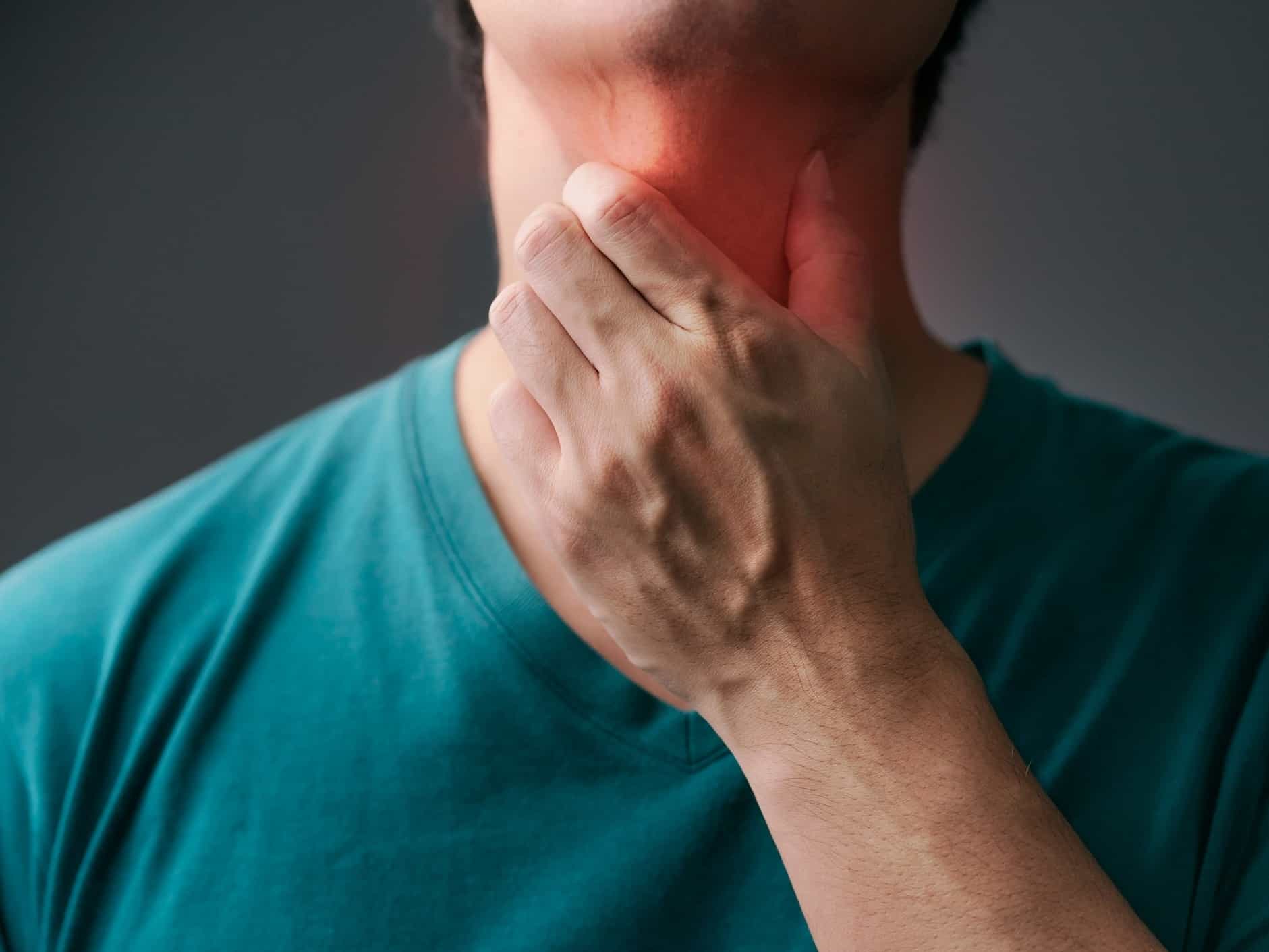It is important to be careful with medications that cause allergies. To do this, you need to know what they are and avoid them.
Some people are more sensitive than others. Therefore, it is common for some medications that cause allergies to affect those who are more sensitive to certain types of substances. Finally, the medications with the highest risk of causing allergies are ibuprofen, penicillin, antibiotics, barbiturates, anticonvulsants and in some cases even insulin.
Therefore, the main allergy symptoms are itchy skin, swelling of the lips and eyes, redness of the skin and even a fever above 38º C. Furthermore, in more serious cases it can cause swelling of the tongue, preventing the passage of air. Symptoms typically appear shortly after use or within 1 hour of consumption. As with pills.
However, in some cases allergies can also occur even if you have already taken the medicine before and it never caused any type of reaction. Therefore, you need to be aware and always be careful when taking any type of medication. And if you experience any symptoms, it’s important to go to the emergency room as soon as possible.
Medicines that cause allergies

Among the medications available, there are some medications that cause allergies more easily. For example:
- Antibiotics, such as Penicillin, Erythromycin, Amoxicillin, Ampicillin or Tetracycline.
- Anticonvulsants, such as Carbamazepine, Lamotrigine or Phenytoin;
- Insulin of animal origin.
- Iodine contrast for x-ray examinations.
- Aspirin and non-steroidal anti-inflammatory drugs, such as Ibuprofen or Naproxen.
- Chemotherapy medicines.
- HIV medicines such as Nevirapine or Abacavir.
- Muscle relaxants, such as Atracurium, Suxamethonium or Vecuronium.
Finally, in addition to those listed above, other types of medications can also cause allergies. Mainly when administered directly into a vein or over a long period of time. In fact, people who already have some other type of allergy are more susceptible.
Normally, what tends to cause allergies is some of the components present in the composition of the medicine. For example, dyes, egg protein or latex.
Main symptoms

Some symptoms of medicines that cause allergies may be milder. Such as:
- Itching and redness in a region of the skin or throughout the body.
- Fever above 38ºC.
- Sensation of a runny nose.
- Red, watery and swollen eyes.
- Difficulty opening your eyes.
Anyway, if you experience any of these symptoms, it is recommended to take an antihistamine. For example, hydroxyzine in tablet form. However, some people may be allergic to this medicine as well. Therefore, before using any type of medicine, it is important to consult a doctor first.
Likewise, to alleviate red eyes and reduce swelling caused by allergy-causing medications, you can apply cold saline compresses. However, if symptoms do not improve after an hour, it is best to go to an emergency room.

On the other hand, drug allergy can present more serious symptoms, such as anaphylaxis, which can put the person’s life at risk. Finally, the symptoms of anaphylaxis are:
- Swelling of the tongue or throat.
- Difficulty breathing.
- Dizziness.
- Feeling of fainting.
- Mental confusion.
- Nausea.
- Diarrhea.
- Increased heart rate.
Therefore, when presenting these symptoms, the person must be taken immediately to the hospital or an ambulance must be called. Where first aid will be administered, where the patient will receive antihistamines, corticosteroids or bronchodilator medicines, which work to facilitate breathing.
However, in the event of an anaphylactic reaction, it may be necessary to administer an injection of adrenaline to the patient. In addition, the patient must be hospitalized for a few hours to monitor vital signs.
How do I know if I am allergic to any medication?

Normally, to find out which medicines cause allergies in you, you need to consult a general practitioner. This way, the doctor will determine which medication may cause allergies by observing the clinical history and symptoms developed after use.
In addition, the doctor can also perform an allergy test, where a drop of the medicine is applied to the skin and then the reaction is observed. On the other hand, the risk of taking the test is very high. Therefore, some doctors prefer to diagnose allergies just by observing the patient’s clinical history.
Medicines that cause allergies: how to avoid

In short, to avoid medicines that cause allergies you need to know what they are and avoid them. Furthermore, it is important to inform doctors, nurses and dentists about medications that you are allergic to whenever you start any type of treatment. Anyway, a good option is to wear a bracelet indicating the type of allergy and the name of the medications.
What to do in case of allergies

As soon as symptoms that indicate an allergy to the medicine appear, it is best to go to a hospital as soon as possible. Because, if it is not treated soon, the symptoms can worsen and put the person’s life at risk. Therefore, be aware of medications that cause allergies and avoid using them.
So, if you liked this article, read also: Sun allergy – Symptoms, causes, treatments and prevention.

Sign up for our newsletter and stay up to date with exclusive news
that can transform your routine!
Warning: Undefined array key "title" in /home/storelat/public_html/wp-content/plugins/link-whisper-premium/templates/frontend/related-posts.php on line 12
Warning: Undefined array key "title_tag" in /home/storelat/public_html/wp-content/plugins/link-whisper-premium/templates/frontend/related-posts.php on line 13




